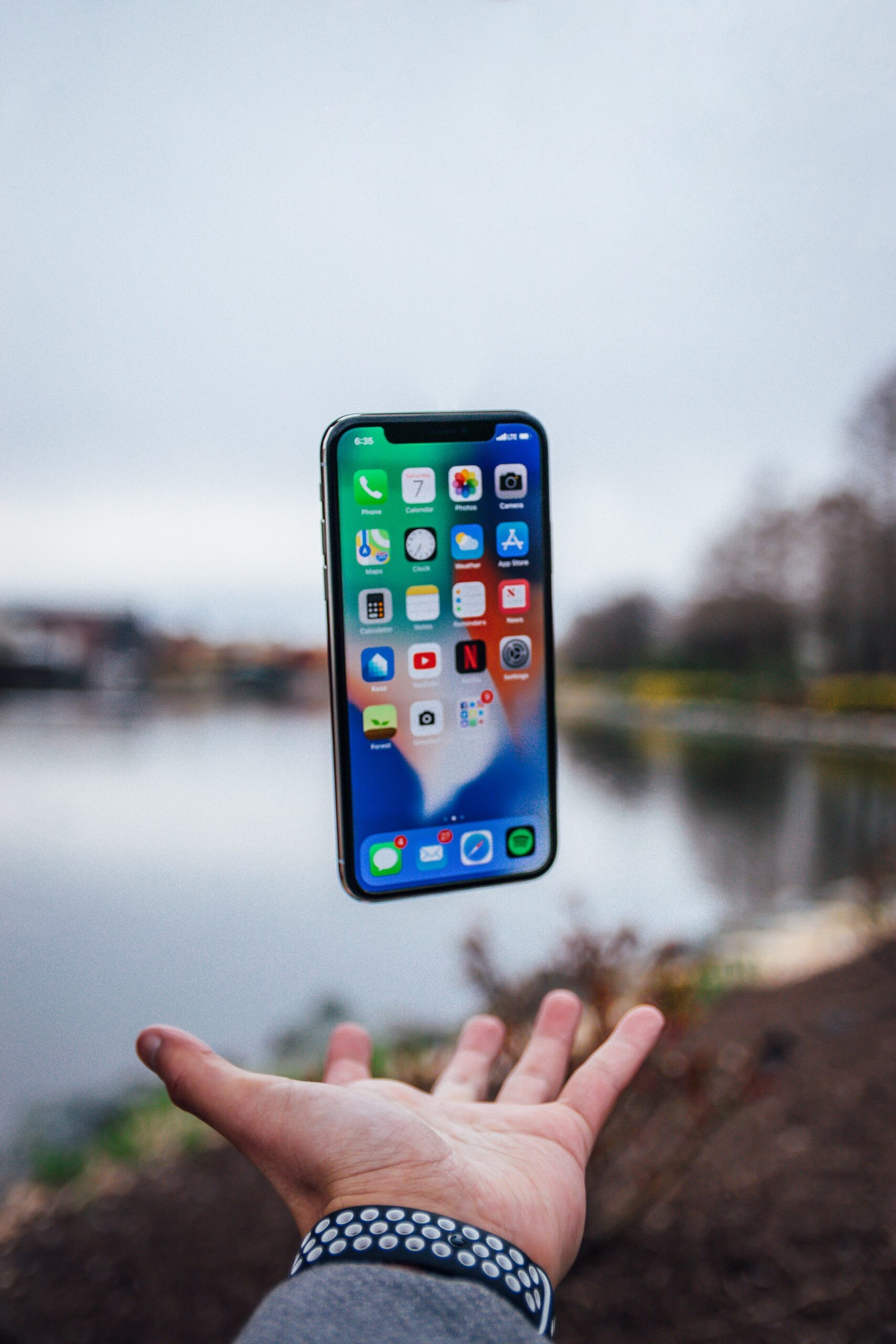Influencers are often seen as relatable and trustworthy by their followers, who look to them for inspiration, advice, and recommendations. This makes them valuable partners for brands looking to reach new audiences and promote their products or services.
In recent years, the influencer industry has grown rapidly, with more and more brands turning to influencers to promote their products and services. This has led to the emergence of a new type of career for individuals who have the ability to build a strong following and create engaging content that resonates with their audience.
Influencer marketing can be a highly effective way to drive app installations and downloads. By leveraging the power of influencers and their ability to reach a large and engaged audience, brands can promote their app and encourage users to download it.
Here are some ways in which influencer marketing can impact app installations:
- Increased visibility: By partnering with influencers, brands can increase the visibility of their app and reach new audiences who may not have heard of it before. Influencers can create engaging content that showcases the app’s features and benefits and encourages their followers to download it.
- Trust and credibility: Influencers are often seen as trustworthy and credible sources of information by their followers. When influencers recommend an app, their followers are more likely to trust their opinion and consider downloading the app.
- Targeted promotion: Influencers can help brands reach a specific target audience by promoting the app to followers who are likely to be interested in it. This can lead to higher conversion rates and more app installations.
- User-generated content: Influencers can also encourage their followers to create user-generated content related to the app, such as reviews, tutorials, and testimonials. This can help build buzz and encourage others to download the app.
- Call-to-action: Influencers can encourage their followers to take a specific action, such as downloading the app, by including a call-to-action in their content. This can be as simple as including a link to the app in their bio or in the caption of their post.
- Influencer reviews: Influencers can also provide reviews of the app and share their personal experience with it. This can help build trust with their followers and encourage them to download the app based on the influencer’s recommendation.
- Influencer contests: Brands can also partner with influencers to run contests or giveaways related to the app. This can help build buzz and encourage followers to download the app in order to participate in the contest or win a prize.
- Performance-based partnerships: Brands can also work with influencers on a performance-based basis, where they only pay for installs or downloads that come directly from the influencer’s promotion. This can be a cost-effective way to drive app installations and ensure a positive return on investment.
Influencer marketing can be a powerful tool for app developers and brands looking to promote their app and drive installations. By leveraging the reach and influence of influencers, brands can increase visibility, build trust, and drive conversions, ultimately leading to more app downloads and a stronger user base.
Another important factor to consider is the type of app being promoted. Different types of apps may require different strategies for effective influencer marketing.
For example, gaming apps may benefit from working with influencers who are known for their expertise in the gaming industry and can create engaging content related to the app. Fitness apps may benefit from partnering with influencers who have a large following in the fitness community and can showcase how the app can help users achieve their fitness goals.
Similarly, educational or productivity apps may benefit from working with influencers who are experts in the field and can provide insights and advice on how the app can improve users’ lives.
It’s also important to consider the platform being used for influencer marketing. Instagram, for example, is a popular platform for influencer marketing and can be effective for promoting lifestyle or fashion-related apps. TikTok, on the other hand, may be more effective for promoting gaming or entertainment-related apps.
Overall, the success of influencer marketing in driving app installations depends on various factors, including the type of app, the target audience, and the platform being used. By carefully considering these factors and working with the right influencers, brands can effectively promote their app and drive installations.

